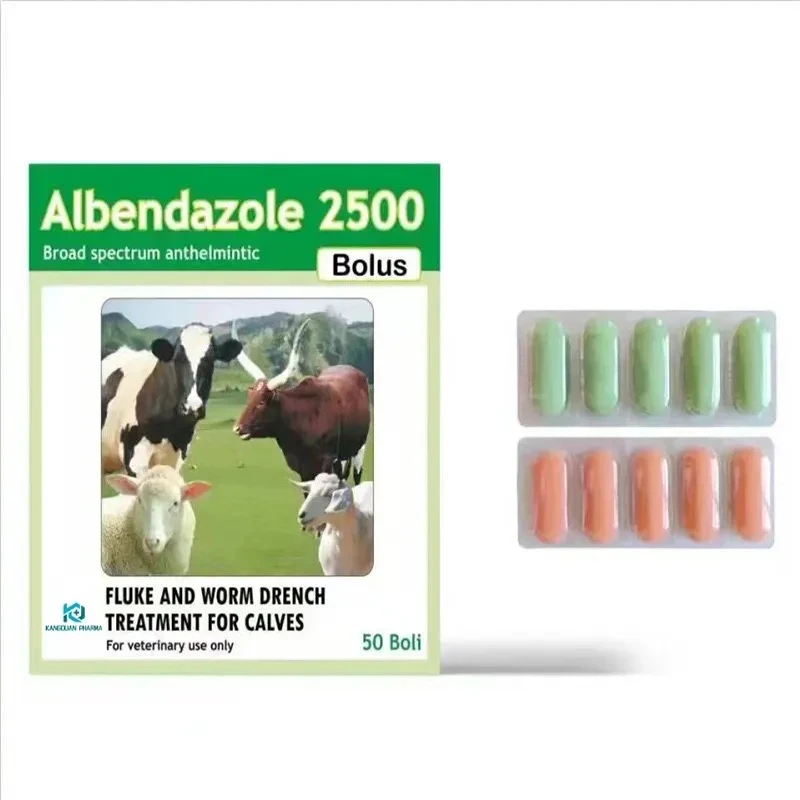- Afrikaans
- Albanian
- Amharic
- Arabic
- Armenian
- Azerbaijani
- Basque
- Belarusian
- Bengali
- Bosnian
- Bulgarian
- Catalan
- Cebuano
- Corsican
- Croatian
- Czech
- Danish
- Dutch
- English
- Esperanto
- Estonian
- Finnish
- French
- Frisian
- Galician
- Georgian
- German
- Greek
- Gujarati
- Haitian Creole
- hausa
- hawaiian
- Hebrew
- Hindi
- Miao
- Hungarian
- Icelandic
- igbo
- Indonesian
- irish
- Italian
- Japanese
- Javanese
- Kannada
- kazakh
- Khmer
- Rwandese
- Korean
- Kurdish
- Kyrgyz
- Lao
- Latin
- Latvian
- Lithuanian
- Luxembourgish
- Macedonian
- Malgashi
- Malay
- Malayalam
- Maltese
- Maori
- Marathi
- Mongolian
- Myanmar
- Nepali
- Norwegian
- Norwegian
- Occitan
- Pashto
- Persian
- Polish
- Portuguese
- Punjabi
- Romanian
- Russian
- Samoan
- Scottish Gaelic
- Serbian
- Sesotho
- Shona
- Sindhi
- Sinhala
- Slovak
- Slovenian
- Somali
- Spanish
- Sundanese
- Swahili
- Swedish
- Tagalog
- Tajik
- Tamil
- Tatar
- Telugu
- Thai
- Turkish
- Turkmen
- Ukrainian
- Urdu
- Uighur
- Uzbek
- Vietnamese
- Welsh
- Bantu
- Yiddish
- Yoruba
- Zulu
Nov . 30, 2024 03:38 Back to list
Safe Disinfectants for Animals to Ensure a Healthy Environment
Disinfectants Ensuring Animal Safety in Cleanliness
The importance of sanitization in various environments cannot be overstated, particularly when it comes to spaces shared with animals. Disinfectants play a crucial role in maintaining hygiene, preventing the spread of diseases, and ensuring a safe environment for pets, livestock, and wildlife. However, the effectiveness of disinfectants must be balanced with the safety of animals; hence, the demand for animal-safe disinfectants has surged.
In many settings—ranging from veterinary clinics to zoos, farms, and even homes with pets—disinfectants are essential in combating bacteria, viruses, and fungi. These pathogens can pose serious health risks to animals, leading to illness and sometimes death. For instance, viruses such as parvovirus and bacteria like salmonella can be devastating in animal populations. Therefore, effective disinfection is critical. However, traditional disinfectants often contain harsh chemicals that can be harmful to animals. This creates a conflict between achieving desired cleanliness and maintaining animal welfare.
Disinfectants Ensuring Animal Safety in Cleanliness
One prominent category of animal-safe disinfectants includes those based on natural ingredients, such as citric acid, vinegar, and essential oils. These substances are effective at killing many types of bacteria and viruses while being less likely to cause harm to animals. For example, essential oils like tea tree or eucalyptus oil possess antibacterial properties and can be used in diluted forms to sanitize surfaces. However, it is essential to note that some essential oils can be toxic to certain pets, such as cats or dogs, so it's important to research specific formulations and their safety profiles before use.
disinfectant animal safe

Another approach gaining popularity is the use of hydrogen peroxide-based disinfectants. Hydrogen peroxide is known for its strong oxidizing properties, allowing it to effectively kill microorganisms. When used at appropriate concentrations, it breaks down into water and oxygen, leaving no harmful residues. This makes it a desirable option in environments where animals reside or roam freely. However, pet owners should always ensure that any surface treated with hydrogen peroxide is allowed to dry completely before allowing their pets back into the area.
When using any disinfectant around animals, proper application and user practices are essential. It's recommended to clean areas thoroughly before applying disinfectants, removing any organic matter that could hinder effectiveness. After application, surfaces should be allowed ample time to dry, and pets should be kept away from freshly disinfected areas. This ensures that any residual chemical has evaporated and minimizes the risk of exposure.
Choosing animal-safe disinfectants also reflects a broader commitment to environmental stewardship. Eco-friendly products not only benefit animal health but also reduce the ecological footprint of cleaning practices. Consumers are increasingly conscious of the impact of harsh chemicals on both wildlife and domestic pets. Therefore, selecting disinfectants that prioritize safety and sustainability aligns with growing trends in responsible pet ownership and environmental consciousness.
In conclusion, while maintaining cleanliness is vital for the health and safety of animals, the selection of appropriate disinfectants is equally crucial. Animal-safe disinfectants serve to bridge the gap between sanitation and animal welfare, offering effective solutions without compromising safety. By making informed choices and prioritizing products that protect the wellbeing of animals, pet owners, veterinarians, and livestock handlers can ensure healthier environments for all. Remember, cleanliness is next to godliness—but when it comes to disinfectants, safety must come first.
-
Guide to Oxytetracycline Injection
NewsMar.27,2025
-
Guide to Colistin Sulphate
NewsMar.27,2025
-
Gentamicin Sulfate: Uses, Price, And Key Information
NewsMar.27,2025
-
Enrofloxacin Injection: Uses, Price, And Supplier Information
NewsMar.27,2025
-
Dexamethasone Sodium Phosphate Injection: Uses, Price, And Key Information
NewsMar.27,2025
-
Albendazole Tablet: Uses, Dosage, Cost, And Key Information
NewsMar.27,2025













